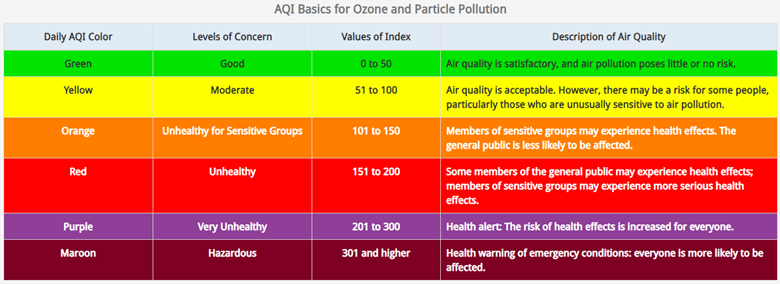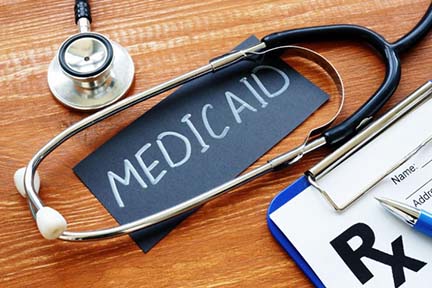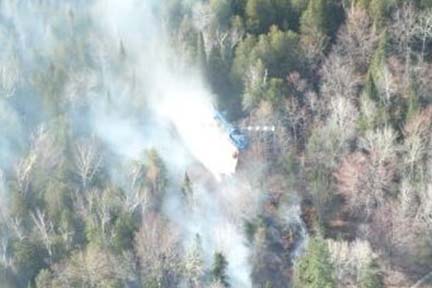
Press Release
FOR IMMEDIATE RELEASE: July 10, 2023
MEDIA CONTACT: Bob Wheaton, 517-241-2112, WheatonB@michigan.gov
Michigan provides update on Medicaid renewals and announces dashboard that will show data on reenrollment
State continues efforts to preserve affordable health care coverage and get word out about importance of beneficiaries returning paperwork
LANSING, Mich. – The Michigan Department of Health and Human Services (MDHHS) today unveiled an online dashboard available to the public that will show data on the renewal process for Medicaid coverage that restarted recently due to federal legislation.
“We want to be sure that as many Michiganders as possible can continue to receive Medicaid coverage so that they can keep their families healthy or help people sign up for an affordable new plan,” said MDHHS Director Elizabeth Hertel. “This new dashboard allows the public to view our progress as we renew Medicaid coverage for families who remain eligible.”
Medicaid and Healthy Michigan Plan beneficiaries must renew their coverage over the next year to comply with federal legislation that requires states to resume the redetermination of Medicaid eligibility. Annual renewals were paused for three years during the COVID-19 pandemic.
In Michigan annual renewals are being staggered to take place monthly starting in June and running through May 2024.
The dashboard shows current data on renewals for June, which will change as the department processes additional forms. MDHHS has until the end of July to receive renewal forms from the June cohort and determine eligibility. The federal Centers for Medicare & Medicaid Services allowed Michigan and other states to take new actions to preserve Medicaid coverage. As a result, MDHHS delayed disqualifying anyone from coverage for not returning the paperwork until the end of July.
The dashboard – which will be updated every month – shows that as of July 6, MDHHS had renewed Medicaid or Healthy Michigan plan coverage for 103,540 people. That includes 30,456 renewals for enrollees who submitted their paperwork and 73,084 for people who were renewed by MDHHS because the department already had necessary information required for eligibility.
As of July 6, the department was awaiting completed enrollment forms from 100,161 people. There were 6,935 people who were determined to no longer be eligible for Medicaid, such as people whose income has increased and individuals whose cases were closed for administrative reasons – including lack of proof of updated income or exceeding the asset limit for eligibility.
“While we’re happy that many Michiganders have maintained coverage, we want to emphasize how important it is for people who receive reenrollment packets to fill out their information and return it promptly,” said Meghan Groen, MDHHS senior deputy director for the Behavioral and Physical Health and Aging Services Administration and Medicaid director. “The department will continue to do all we can to reach people who have not responded so that they can keep their coverage if they remain eligible.”
Additional MDHHS efforts to help Michiganders keep their coverage are possible as a result of the federal government releasing new flexibilities and strategies late last month to state officials to lessen the impact of the resumption of Medicaid renewals. During this additional time, the department will review and adopt additional strategies authorized by the federal government for outreach to beneficiaries to preserve their Medicaid coverage.
This includes:
- Allowing managed care plans to assist enrollees they serve in completing and submitting their Medicaid renewal forms.
- Sharing lists with managed care organizations of their enrollees who are due for renewal or have not responded to provide outreach to those beneficiaries.
- Reinstating eligibility back to the termination date for people who were disenrolled based on a procedural reason – such as not returning reenrollment forms on time –and are subsequently found to be eligible for Medicaid during a 90-day reconsideration period.
MDHHS advises families to return any renewal paperwork from the department even if they believe they are no longer eligible for Medicaid. Some members of a household can obtain health care coverage even when others are not eligible. For example, a child may be eligible for MiChild, even if their parent is not eligible for other Medicaid programs. Or some Michiganders may have income that is over the income limit for one program and still be able to obtain health care benefits through another program.
MDHHS will send monthly renewal notices four months before a beneficiary’s renewal date and follow up with text messages, phone calls, and emails during their renewal month.
More than 3 million Michiganders, including 1 million Healthy Michigan enrollees, benefitted from keeping their Medicaid coverage without redeterminations on eligibility during the COVID-19 pandemic.
MDHHS will assess a household’s eligibility for all Medicaid programs – not just for the programs in which someone is currently enrolled, and also for each family member in the household.
MDHHS advises all Medicaid enrollees to check their renewal month at michigan.gov/MIBridges.
Michiganders who no longer qualify for Medicaid will receive additional information about other affordable health coverage options available, including on HealthCare.gov. Affected Michiganders will be able to shop for and enroll in comprehensive health insurance as they transition away from Medicaid, and many Michiganders can purchase a plan for less than $10 per month.
What Michigan Medicaid beneficiaries need to do to prepare:
- Make sure your address, phone number and email address are up to date at gov/MIBridges. You can also call your local MDHHS office. If you do not have an online account for MI Bridges to access your Medicaid case or report changes, visit michigan.gov/MIBridges to sign up for an account. You can also locate organizations that can help you by searching for community partners.
- Report any changes to your household or income. You can report changes at gov/MIBridges or by calling your local MDHHS office.
- If you get a renewal packet, be sure to fill it out, sign the forms and return it by the due date with any proof needed. NOTE: If you do not complete and return the renewal, you may lose Medicaid coverage.
The Michigan Department of Insurance and Financial Services (DIFS) is working with MDHHS to help impacted Michiganders get affordable health insurance if they are determined to be no longer eligible for Medicaid. DIFS can answer questions about purchasing a health insurance plan. Call DIFS at 877-999-6442, Monday through Friday from 8 a.m. to 5 p.m. or visit Michigan.gov/StayCovered to learn more.
To ensure beneficiaries are aware of upcoming federal redetermination requirements and help them keep their coverage if eligible, the State of Michigan has:
- Launched a communications campaign in May 2022 to encourage Medicaid beneficiaries to make sure contact information is up-to-date in anticipation of renewals beginning again at the end of the public health emergency.
- Established a website and online stakeholder toolkit with materials and assets to help increase awareness about preparing for Medicaid eligibility renewals.
- Partnered with minority media outlets, faith-based and community leaders and advocates to further spread messaging about eligibility renewals beginning again.
- Put in place a May 2023 executive order from Gov. Gretchen Whitmer instructing all State of Michigan departments to work together with MDHHS and DIFS to lower health care costs and help Michiganders either keep Medicaid coverage or find affordable health insurance.
- Established a data-sharing agreement with the Michigan Unemployment Insurance Agency to increase the number of people who can have their coverage renewed “passively,” reducing the need for some beneficiaries to submit renewal paperwork if the state already has their income and other information needed to determine eligibility.
More information about the how benefits connected to the COVID-19 Public Health Emergency are changing can be found at www.Michigan.gov/2023BenefitChanges. |








